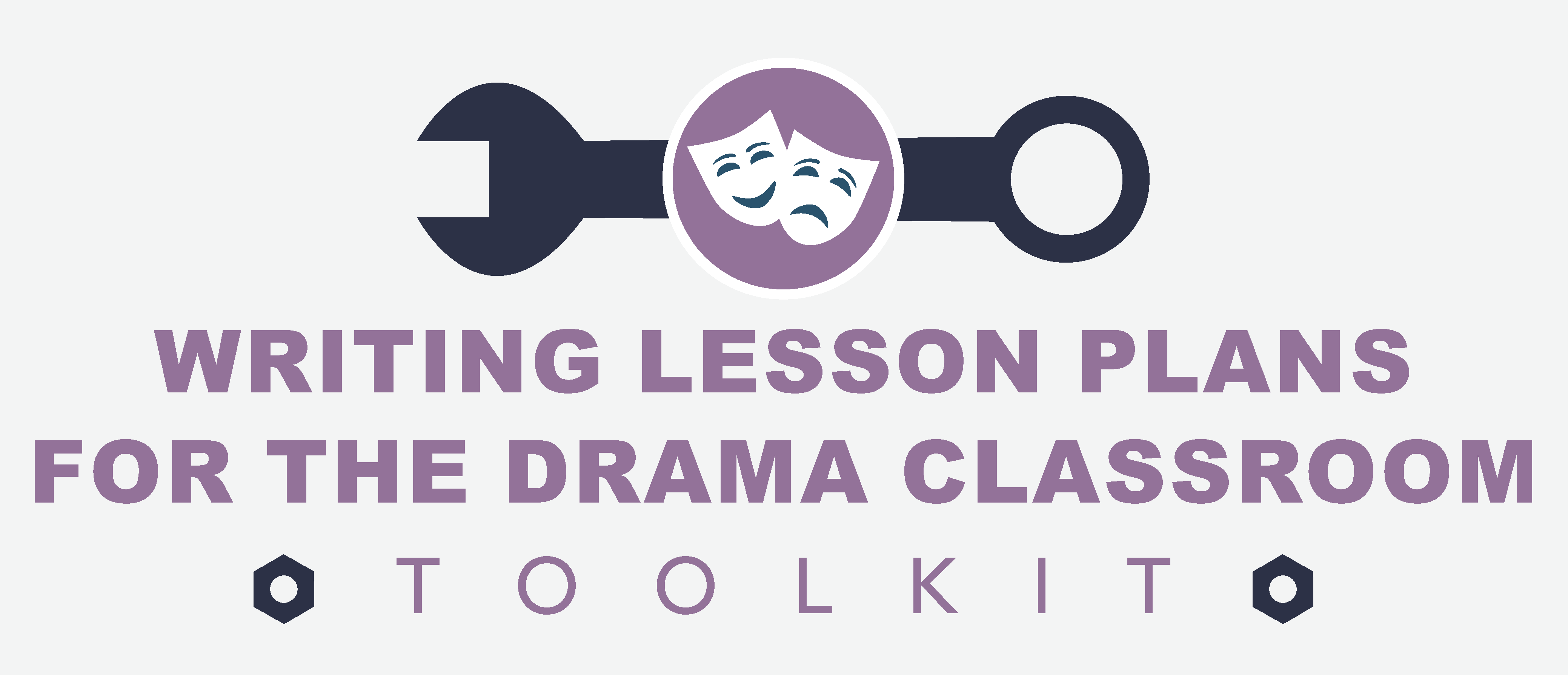Establishing Boundaries With Your Students
We’ve discussed ways to foster connection and establish trust with your students, but we also need to establish boundaries. Boundaries are necessary to protect ourselves and our well-being. Without boundaries, teachers can feel burnt out, unappreciated, resentful, or taken advantage of. Setting boundaries with your students demonstrates how you wish to be treated, how your classroom is run, and the expectations that students must live up to.
Boundaries will vary from teacher to teacher depending on their personal preferences and needs, as well as the rules and policies of their school. The following three points are suggestions for where to start establishing your own boundaries for yourself and your drama classroom. Remember that you are one person with a finite amount of resources, physical strength, and mental capacity to do your job effectively. Setting boundaries will help you protect that.
1. Protect your personal life.
Do not share personal contact information or your social media accounts with students (some teachers have teacher-specific accounts on which they only discuss school business). You may wish to make your accounts private or use a pseudonym for public accounts. Many teachers intentionally misspell their display names or use their middle names on their Facebook accounts. Don’t accept friend or follow requests from students, and don’t look at their social media accounts either (for example, Instagram lets users know who has viewed their stories).
If you are teaching remotely, you may wish to avoid showing your home in the background. Use a virtual background or angle your computer so your background is a neutral wall.
2. Protect your classroom atmosphere.
Establish clear classroom rules and expectations right away. Communicate them frequently and make them available for you and your students to refer to easily. You might post them in your syllabus and on your drama teacher website, display them on a poster in the classroom, or have students practice the rules using the “Act It Out” game. Let students know up front the consequences for breaking the rules, and follow through. Some teachers encourage contributions from students regarding rules and consequences — this allows them to take ownership of the classroom atmosphere. Model the behaviour you want your students to display by showing respect to your students. Be consistent and hold all your students to the same standard of work and behaviour.
3. Protect your time.
It’s great to be available to your students outside of class time so they can speak to you, but set limits. Let your students know if you have office hours when you will be available in person, as well as when you will and will not respond to emails. You can put this information in your email signature (“I will respond to emails between the hours of 8 am and 5 pm, Monday to Friday”) or set an auto-responder message for when you’re out of school.
Take time for yourself, away from your students. Take breaks during the school day. Step outside your classroom, eat your lunch, use the restroom. If you have a planning period, close the door or put on headphones and breathe. Use your sick days, paid time off, and all your vacation days guilt-free. (The Drama Teacher Academy has tons of great lesson plans you can leave for a substitute teacher.) You already spend a ton of time with your students. Taking breaks will allow you to rest, refresh, and come back to class feeling much better.
Further Reading:
- 20 Self-Care Actions for Drama Teachers
- Safety Concerns in Distance Learning
- Top 10 Classroom Management Tips for Drama Teachers



